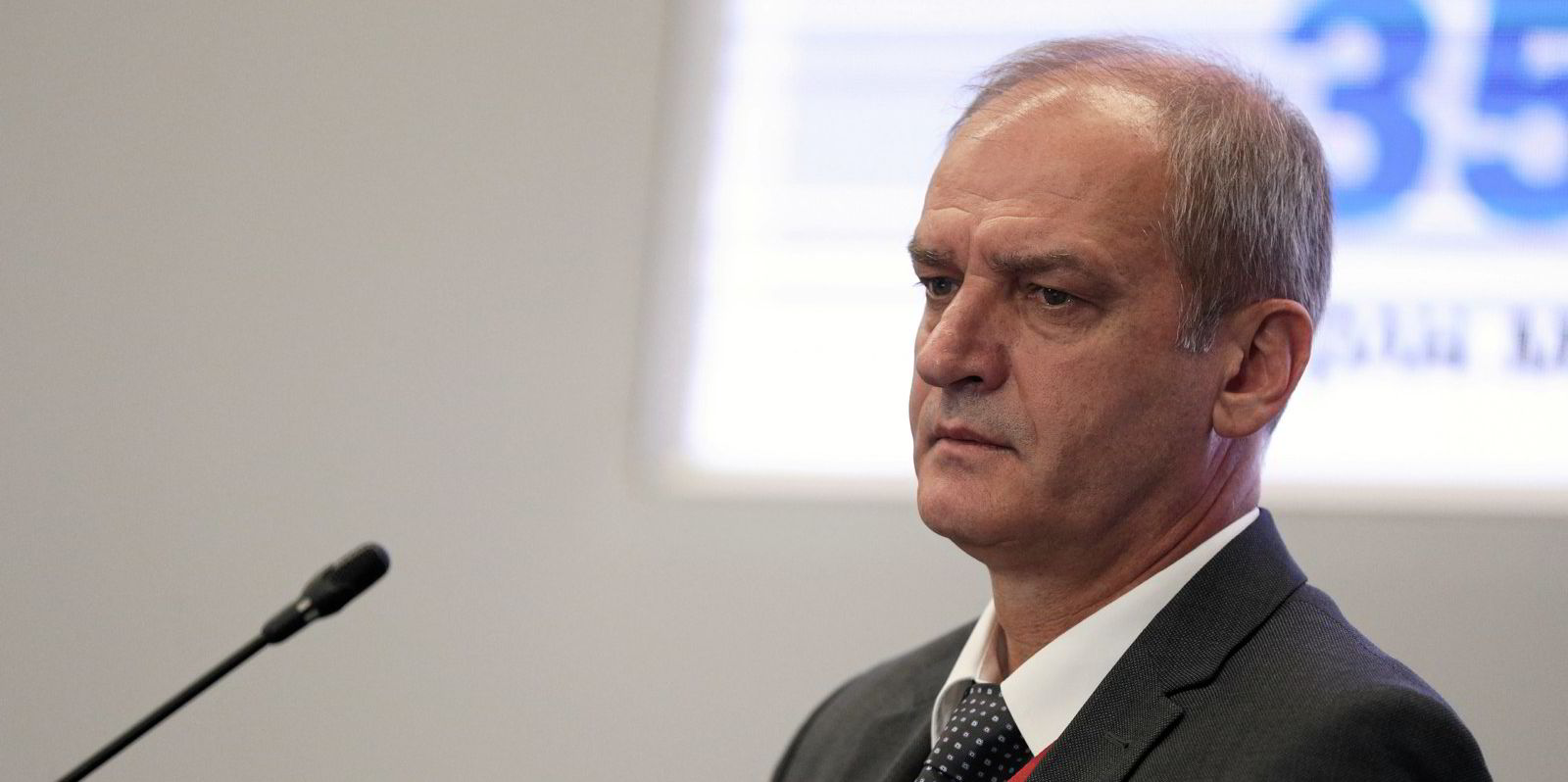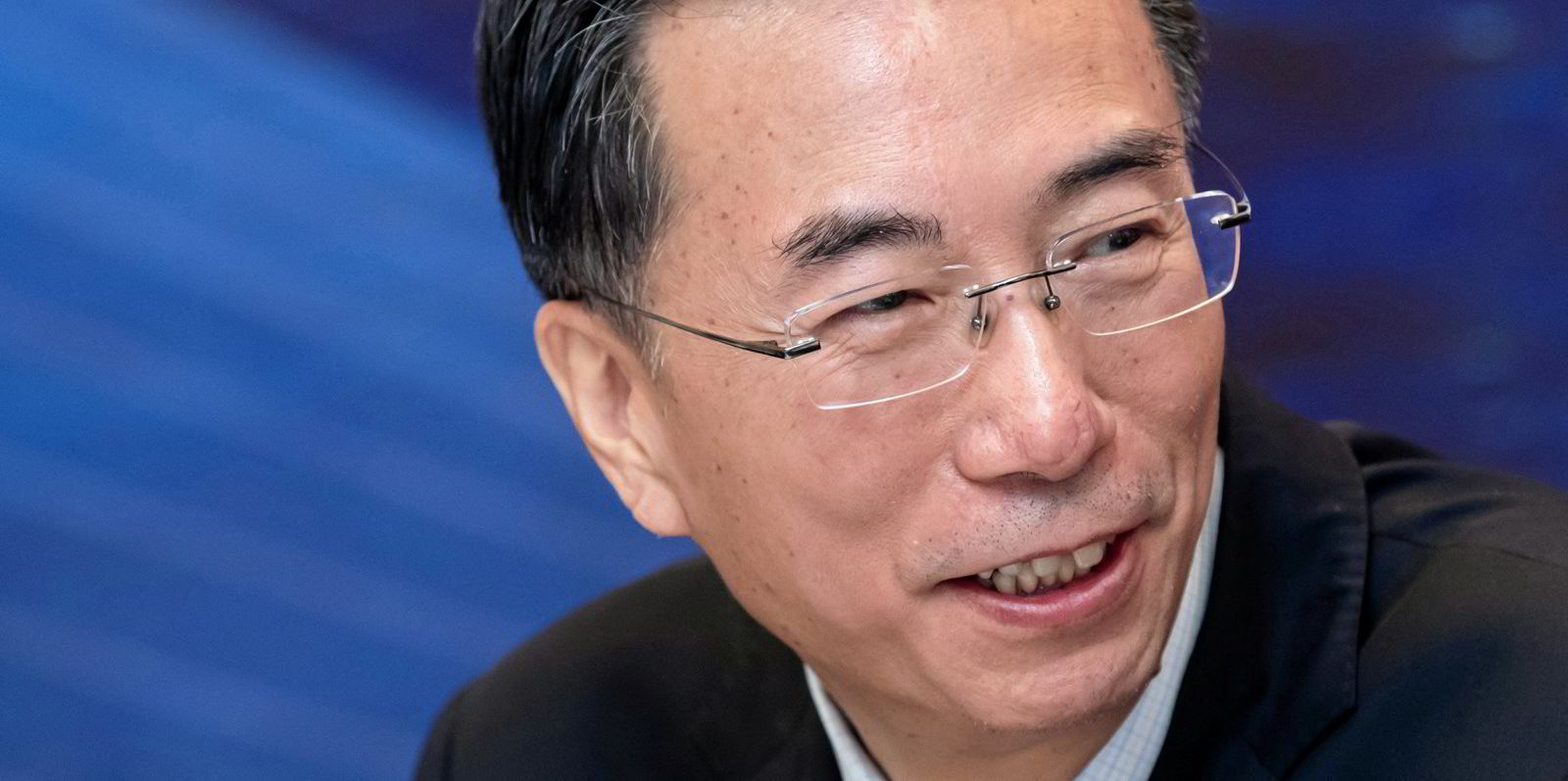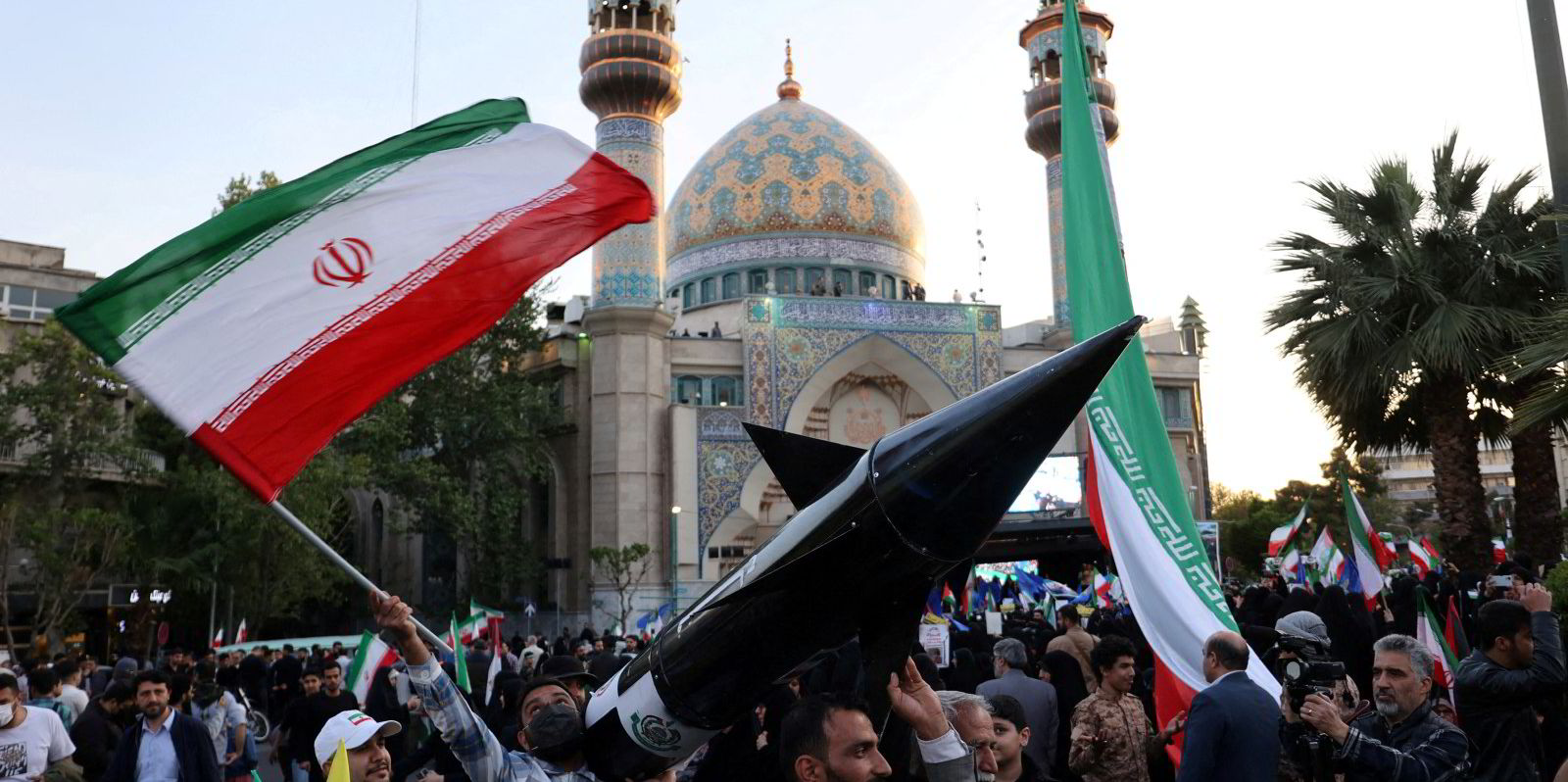Sovcomflot chief executive Igor Tonkovidov has said 8% of the tanker fleet now carrying Russian oil falls under Western sanctions.
In rare public comments, the boss of the Russian state-owned shipowner admitted the measures have hit the company’s operations, “limiting our geography and commercial prospects”, according to Reuters.
Tonkovidov told reporters that because sanctions are a relatively new thing for shipping markets, the full effect has yet to be seen.
Hundreds of largely older vessels are carrying sanctioned Russian oil and also crude exports cleared under the G7 price cap of $60 per barrel.
About 20% to 25% of Russian oil is carried by tankers controlled by Russian companies, Tonkovidov said.
The rest is transported by the shadow fleet, he added on the sidelines of the National Oil and Gas Forum in Moscow.
“The neutral [shadow] fleet serves the lion’s share of [Russian] oil exports. These are not bright horses, but old ships. This is a challenge for insurance companies,” Tonkovidov explained.
“Eight per cent of the fleet involved in the transportation of Russian oil has fallen under blocking sanctions,” he said.
The US has sanctioned 14 tankers in the Sovcomflot fleet.
Reuters reported that the owner transported 75m tonnes of oil in 2023, mainly to China, India and the Mediterranean.
Indian refiners have now refused to accept Russian oil carried on the company’s vessels due to Western sanctions.
Working to overcome challenges
In March, Sovcomflot reportedly accepted that US-led sanctions were causing “operational difficulties”.
The company had previously said it was unfairly targeted and would appeal against the listings, but the US Treasury has continued to ratchet up the pressure against the company.
Western regulators have also imposed financial restrictions on the SCF Group and its subsidiaries, including Dubai-based Sun Ship Management and Oil Tankers SCF Mgmt FZCO, which have forced the company to seek alternative flagging and insurance services.
“New sanctions are creating additional operational difficulties for doing business,” Sovcomflot said in a comment to investors cited by Bloomberg.
“The company is working to overcome current challenges and continues to operate the fleet as usual,” it added.
Sovcomflot had 125 vessels including 102 tankers and 12 gas carriers, according to its last quarterly results published in September 2021. Clarksons currently lists the fleet comprising 114 vessels.







